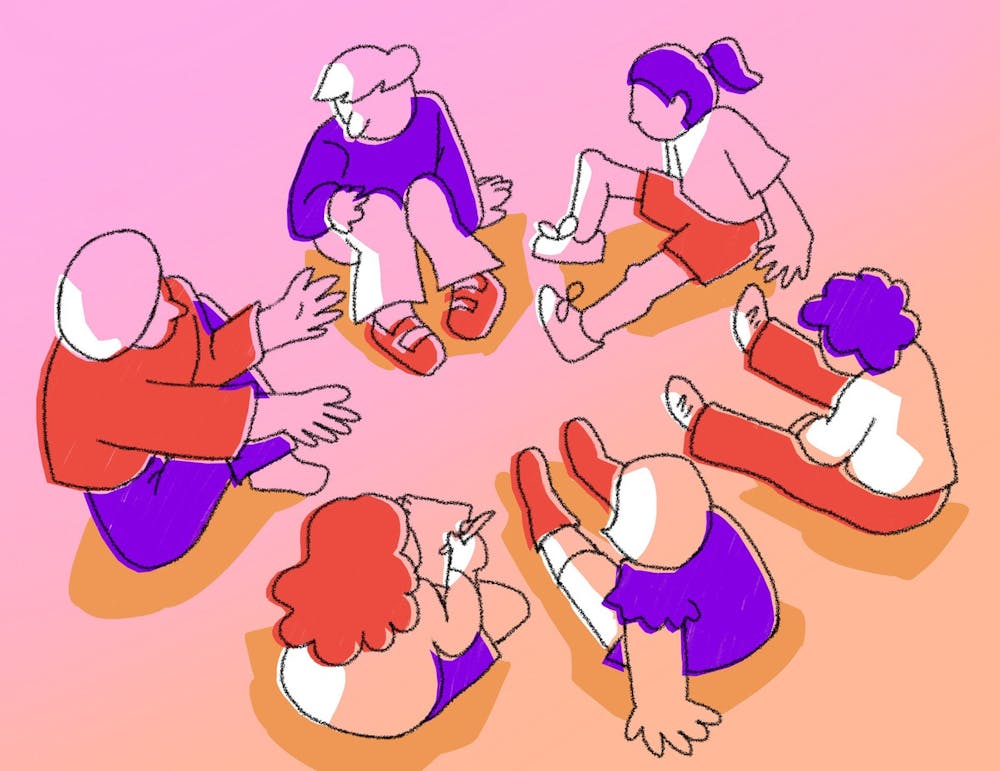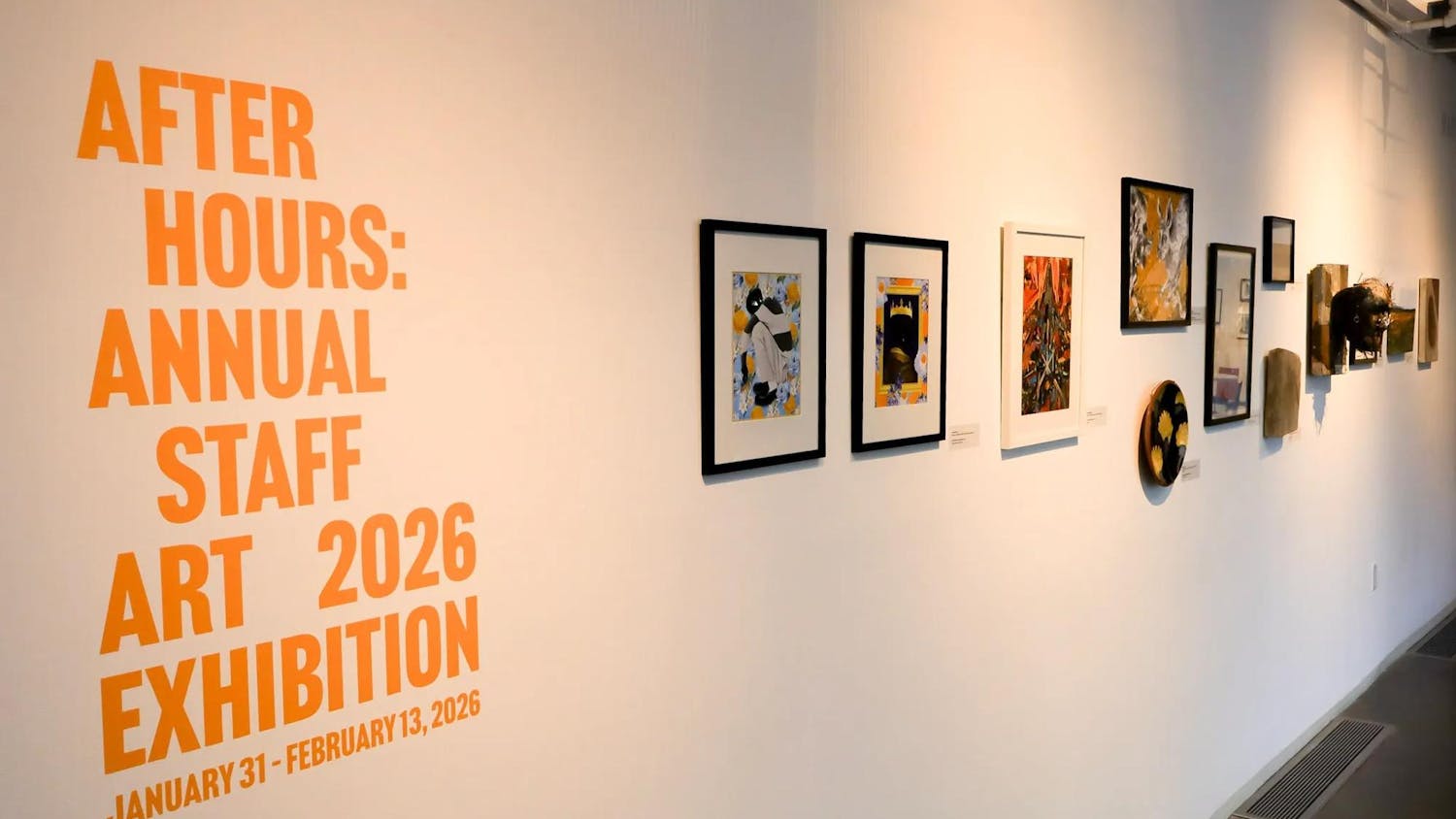Students are invited to engage in practices to moderate and shift their personal substance use on campus in a new program called Open Recovery Group at Brown. The group, which meets weekly, is part of the University’s Bruce Donovan Program for Recovery and Substance-Free Initiatives, and seeks to equip participants with the tools to make informed decisions about healthy substance use.
“The mission of ORB is really to create sort of a middle ground for students who want to address their substance use but may not be ready for abstinence-based recovery,” said Lindsay Garcia, assistant dean of the college for junior/senior studies and recovery/substance-free student initiatives. Garcia worked with stakeholders, including the Donovan Advisory Board, to establish the group this semester.
Unlike other recovery and substance initiatives that are abstinence-based, such as Donovan’s Early Recovery Group, ORB’s approach involves teaching students concrete skills to help them make healthy decisions in their substance use and in their daily lives.
ORB held its first meeting Oct. 5. The group teaches harm reduction practices, which aim to minimize the dangers and increase the safety of using substances, according to Taryn Wyron, research therapist at the Center for Health Promotion and Health Equityand co-facilitator of ORB.
“It’s about giving people the mental health and emotional well-being tools to explore and address their substance use” in personal ways, Wyron said. Harm reduction also makes use of “clinical resources like therapy or substance use treatment, rather than from a punitive approach.”
Wyron, who is also a licensed social worker, shares skills based in cognitive behavioral therapy and dialectical behavioral therapy with ORB participants. CBT and DBT are “evidence-based therapies that really focus on behaviors or actions that people can take,” Wyron said. “So they’re often quite accessible and empowering for folks because they’re things you know you can apply immediately in your life outside of the group.”
ORB meets once a week, on Tuesdays at 7 p.m. in Sayles Hall room 306. There are no requirements to join the group, and all undergraduate, graduate and medical school students are welcome. Students may come as many or as few times as they choose, with anything they share during the meeting remaining confidential.
Each week, after students introduce themselves, Wyron leads the group in a mindful breathing exercise. Participants then share their goals, intentions and how they have used previous weeks’ skills outside the meeting. Much of the meeting time is then spent exploring a new skill and thinking about how participants can apply it to their lives.
ORB is not a “sharing-focused group as much as it is a skills group,” Wyron added.
Through teaching ANTH 1300: “Anthropology of Addictions and Recovery” on a regular basis, Adjunct Lecturer in Anthropology Irene Glasser has learned that many students “don’t really drink with their families or they’ve not been acclimated to know how to drink in moderation, in a safe kind of way,” she said.
“A student can get into trouble pretty quickly (with) alcohol because they have not had experience to know how to moderate their drinking,” Glasser said.
According to Garcia, “Nationally, college culture is often thought of as being very substance-centric, and there’s so many people who just don’t want to involve substances in their life for whatever reason, so that can often seem like something that’s isolating.”
In addition to learning skills to moderate substance use, connection and solidarity are some of the “most powerful benefits” that can come from a group like ORB, Wyron said, adding that the pandemic has exacerbated social isolation and stress in the student population.
“My hope is that the folks who come get to learn from and be inspired by one another in addition to the skills that we’re talking about … (and) that it actually becomes a supportive community space over time,” Wyron said.
Haley Sandlow is a contributing editor covering science and research. She is a junior from Chicago, Illinois studying English and French.





